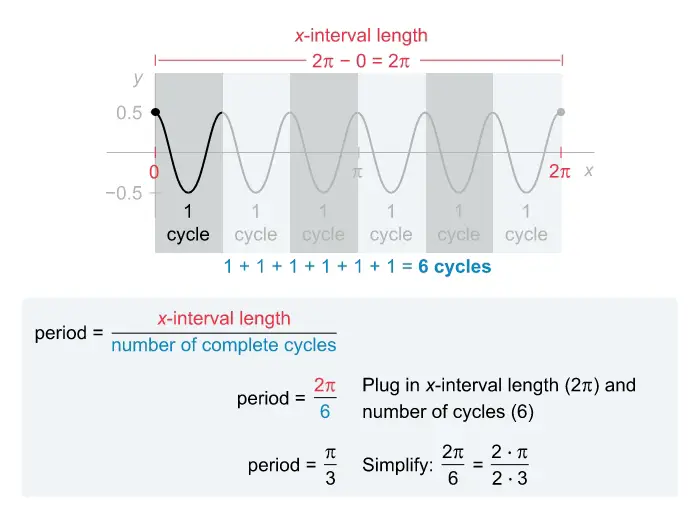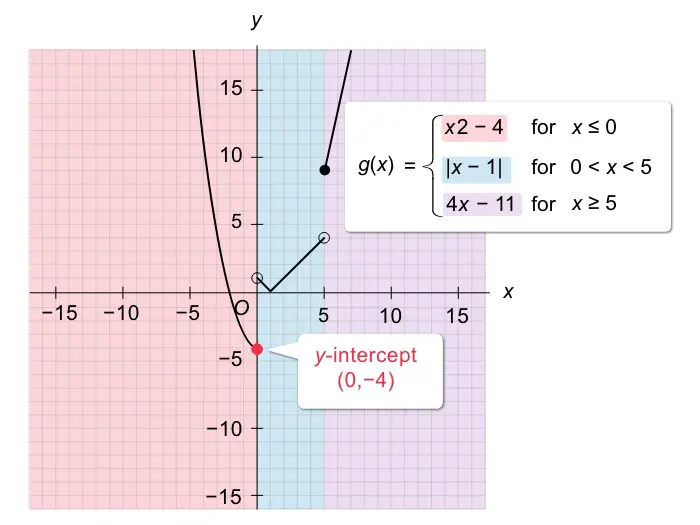
If you are an international student planning to study in the US, then taking the ACT® can help you stand out from the other applicants during college admissions. This internationally recognized aptitude test assesses students’ knowledge and preparedness for college-level coursework. In this guide, we will discuss the ACT international test dates, registration process, fee waivers, policies, accommodations, and more.
Yes! ACT, being a standardized test, is widely recognized by colleges in the US and many other countries and can be advantageous to students' college applications. Here are a few reasons why taking the ACT is important for international students:
The ACT includes English, Reading, and Writing tests to evaluate the English language skills of students. This is especially helpful for non-native English speakers to demonstrate their language proficiency.
The ACT assesses skills in English, Mathematics, Reading, and Science and is a strong predictor of academic success. A good score can show colleges how well you will perform in your chosen field of study.
Many four-year colleges require applicants to take the ACT as part of their admissions process. Your application may not be accepted without submitting your ACT test scores.
How hard the test is will depend on the student's education, how familiar they are with standardized tests, and how well they have prepared. But ACT may be seen as especially hard for international students for two main reasons:
Every section of the ACT requires reading passages or comprehending word problems, so it is important for a student to be proficient in grammar and syntax. Understanding difficult vocabulary and interpreting information from the given text may be difficult for non-native English speakers.
Most of the ACT questions emphasize on the topics that students learn in high school. However, some concepts and high level texts on the test that are beyond your high school knowledge may become challenging.
Remember, with the right preparation, every challenge can be overcome. Read our ACT study guide for all the exam tips and to make an effective study plan.
Let us help with your test prep and make the hardest questions easier to answer.


If you have decided to take the ACT, the next question usually is, “How do international students apply for the ACT?” The answer is simple! You can register for your ACT test through the ACT official website in just 30 minutes by following these simple steps:
But before you start the registration process, make sure you have the following things handy to avoid any last-minute hustle:
Remember, it is very important to keep track of the ACT international test dates and deadlines since missing a deadline will cause late fees or prevent you from taking the test. To make registration easy, we have put together below all the important information related to the ACT international test dates.
| Test Date | Registration Deadline | Late Fee Required | Photo Upload Deadline |
|---|---|---|---|
| 10-11 February, 2023 | 13 January | 27 January | 3 February |
| 14-15 April, 2023 | 17 March | 31 March | 7 April |
| 9-10 June, 2023 | 12 May | 26 May | 2 June |
| 14-15 July, 2023 | 16 June | 30 June | 7 July |
The ACT test registration fees, with and without the writing section, are $196.50 and $171.50 respectively. With your test registration (for both with and without writing), you will be able to request one free score report for yourself and four free score reports for the colleges of your choice. Here is a list of a few additional ACT international fees that you might require to pay:
| Service | Fee | Details |
|---|---|---|
| Test option change | $25 | To add or remove the Writing test. |
| Late registration | $36 | To register or change the test date during the late registration period. |
| Change fee | $42 | To change the test date or the test center. |
| Score reports to 5th and 6th college choices | $16 | To order reports before the test date. This is refundable on a written request if you do not take the test. |
| Additional Score Reports | $18 | To order additional score reports after registration. |
Did you know? The ACT also offers International Subject Tests in the North African and Middle East regions to determine students’ understanding of concepts in ELA, Math Science, and US History and check their readiness for post-secondary courses.
International students are eligible for an ACT fee waiver only if they take the test in the US, US territories, or Puerto Rico. US citizens or foreign nationals taking the test in countries other than the US are not eligible to get fee waivers.
To qualify for the fee waivers, you need to meet the following requirements:

It is very important for students to strictly follow all the rules and guidelines set by the ACT for taking the test. Failure to do so may result in the cancellation of scores and dismissal from the testing center.
The following testing policies must be acknowledged by students:
Before taking your ACT test, read our blog on what to bring on the ACT test day to know all the dos and don’ts so that nothing catches you by surprise once you enter the test center.
Similar to US students, international students also have the option to take the ACT test with accommodations. Accommodations are special provisions that ACT provides to students with documented disabilities, allowing them to take the test with some modifications. All requests for accommodations for your preferred test date must be made through the Test Accessibility and Accommodations (TAA) system before the late registration deadline. Based on your required accommodation, you will be placed in one of the following:
This is for accommodation requests that can be administered at a test center (eg. one and one-half time). Students who qualify for international testing will see “Accommodations” written on their admission ticket.
This is for accommodation requests that cannot be administered at a test center and require special arrangements to be made (eg. multiple-day testing). Students who qualify for special testing students will see “Special Testing” written on their admission ticket.
Note that the special testing is offered during the following designated two-week testing window:
| Test Date | Testing Window |
|---|---|
| 10-11 February 2023 | 10 February – 26 February |
| 14-15 April 2023 | 14 April – 30 April |
| 9-10 June 2023 | 9 June – 25 June |
| 14-15 July 2023 | 14 July – 30 July |
Read our page on ACT Test Policies and Accommodations for more information on testing policies and the consequences of violating them, calculator policies, and the various types of accommodations available for taking the ACT.
Now that you know everything about the ACT test and why it is important for international students, the next step is to start preparing for your test. Here are a few tips to help you begin:
To score well on the test, first, it is very important to understand the ACT format, topics and concepts, and scoring pattern. Once you know what you will see on the test, you will find it easy to prepare for it.
To study effectively, you need to make a study plan in order to balance your test preparation. It is crucial to dedicate enough time to each subject to cover all the topics and do revisions whenever necessary.
Practice is the key to success. It will help you understand your strengths and improve on your weak points. Try UWorld’s ACT practice test to prepare with thousands of exam-like questions and achieve your dream score!